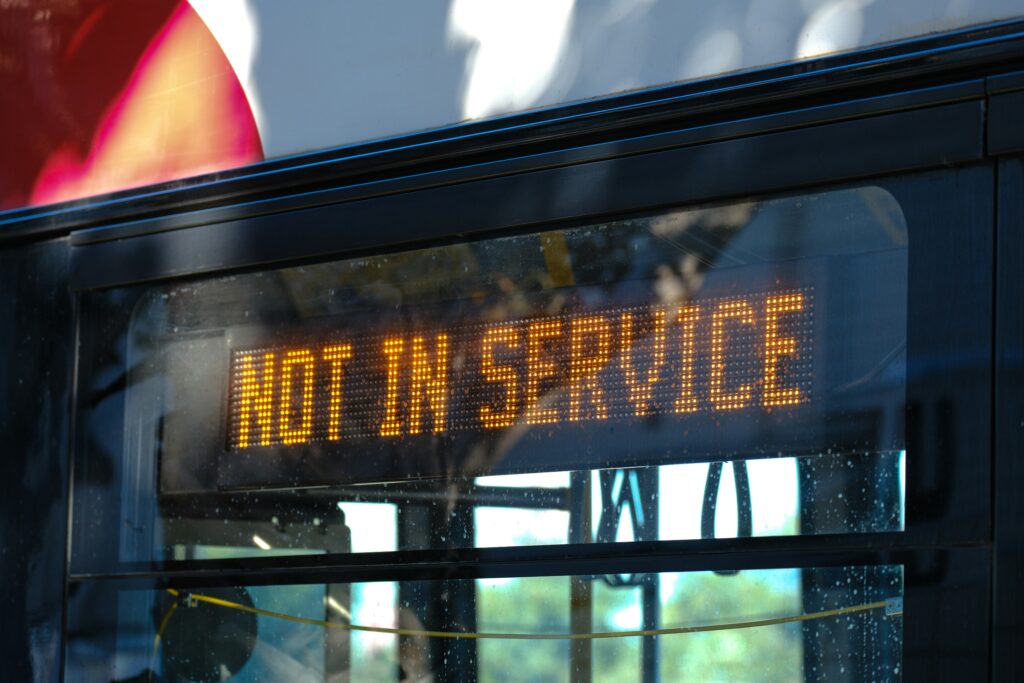Growing Hunger, Growing Response
In Lansing, food insecurity isn’t a distant issue it’s happening neighborhood by neighborhood. Over the past year, rising grocery costs and cuts to pandemic era assistance programs have pushed more families to the brink. Food banks that once served a predictable flow are now seeing lines wrap around the block, often with newcomers who never thought they’d be there.
Demand has surged some pantry coordinators report double the number of families showing up compared to the same time last year. It’s not just the homeless or unemployed; it’s working parents, seniors on fixed incomes, and students trying to juggle tuition and rent.
The tipping point came when local residents started noticing empty shelves and overstretched volunteers. Social media posts about shortages gained traction. Teachers saw more kids skipping lunch. Neighbors began asking each other, quietly, if they knew a place to get a free meal. From those small conversations, a bigger response started taking shape. Lansing didn’t wait. It organized.
Key Players Behind the Movement
What’s fueling the surge in food bank support across Lansing? Ordinary people deciding they’ve seen enough. Local volunteers grandparents, students, off shift nurses are giving their evenings and weekends to sort donations, deliver meals, and do whatever grunt work is needed. They’re showing up, no cameras, just care.
Small businesses are chiming in too. Bakeries are dropping off extra bread. Restaurants are cooking up batch meals. Some shops are even setting up round up at the register campaigns to gather funds. The energy isn’t flashy it’s focused.
Then come the institutions. Schools are holding non perishable drives. Churches have turned basements into pop up food hubs. Local civic groups are mapping neighborhoods to make sure no one falls through the cracks. It’s messy, collaborative, and working.
When everybody gives a little time, talent, a few cans of soup it adds up. That’s what’s happening here.
Innovative Support Strategies

Lansing’s response to rising hunger isn’t just heartfelt it’s inventive. Pop up donation drives have been hitting corners of the city that traditional services often miss. Volunteers set up quick collection spots in local parks, school lots, and even gas stations, giving everyone a shot to contribute no planning required.
Meanwhile, community fridges and mobile food pantries are stepping in where shelves used to sit empty. Simple setups, often maintained by neighborhood teams, are stocked with produce, canned goods, and essentials. They work on a trust system: take what you need, give what you can. Mobility is key vans and trucks now bring supplies directly to high need blocks.
The real connector in all of this is social media. Short, direct videos and neighborhood WhatsApp chats are replacing flyers and formal campaigns. Someone posts a need, someone else fills it. A missing case of diapers, a callout for volunteers, or a fresh delivery of eggs word travels fast and action follows.
For more examples of how locals are rethinking community aid, check out local food bank efforts.
Measurable Impact So Far
Since the initiative launched, over 185,000 meals have been distributed across Lansing a number that would’ve seemed ambitious just a year ago. What started with a few weekend drives has scaled into a consistent, city wide operation. Food banks have expanded their hours, now staying open later into the evening and adding weekend shifts to meet demand. Access points have more than doubled, with new satellite centers and mobile pantry stops set up in hard to reach neighborhoods.
Behind the scenes, the engine is people. Volunteer sign ups are up 68%, and local donor participation has surged with everything from monthly grocery drops to bulk store partnerships. New community programs have also come online, including meal prep workshops and nutrition education meetups. It’s not just about feeding people. It’s about building systems that keep working, week after week.
How You Can Get Involved
Want to make a difference in your community? Supporting Lansing’s local food bank efforts doesn’t require a huge commitment just a willing heart and a few meaningful steps. Here’s how you can pitch in:
Simple Ways to Help
You don’t need to be part of an organization to get started. Individuals and families are already making a major impact through small, simple actions.
Donate non perishable food items, hygiene products, or grocery gift cards
Volunteer your time at distribution sites, community fridges, or donation events
Share food bank needs or success stories on social media to spread awareness
Connect with Local Organizations
Several Lansing area groups are leading the charge partnering with them is one of the most effective ways to make your contribution count.
Lansing Community Food Support Coalition Organizes regular food drives and donation pickups
Harvest Partners Church Network Distributes meals and hygiene kits weekly
Mid Michigan Mutual Aid Collective Coordinates logistics for mobile pantry efforts
Capital Area Hunger Initiative Focuses on nutrition and advocacy in food insecure communities
Host a Mini Food Drive or Fundraiser
Looking to do more? Consider organizing your own neighborhood event.
Tips to Get Started:
Choose a clear theme (e.g., Back to School Snacks, Holiday Meal Kits)
Set up donation bins at local businesses or schools
Use simple flyers or social media to promote your event
Drop off collected items at nearby distribution centers
Even small scale drives can bring crucial supplies to families in need.
(Learn more about ongoing local food bank efforts)
The Road Ahead
The momentum in Lansing’s food relief efforts isn’t slowing down it’s leveling up. A growing coalition of volunteers, educators, and policy advocates is now focused on long term impact. Sustainability is front and center: reducing food waste through redistribution, shifting to reusable packaging, and sourcing more produce from local growers. These aren’t just band aids; they’re tools to build a system that lasts.
Education is also becoming a priority. Several community centers are setting up nutrition workshops, food budgeting classes, and programs that teach kids where their meals come from. It’s about empowerment, not just charity.
Equity remains the backbone of the mission. Organizers are looking at how to serve marginalized groups immigrants, seniors, and unhoused neighbors with intention and consistency. The goal is not just feeding people, but making systems fairer at every level.
Looking outward, leaders are planning to connect with surrounding towns. The model in Lansing built on flexibility, local partnerships, and human scale logistics is already being discussed in places like East Grand Rapids and Jackson. If it works here, it can work elsewhere. It’s not a miracle. It’s people showing up, lifting together, and refusing to treat food as anything less than a right.

 Erickann Rosadoppi, founder of Your Local Insight Journal, created the platform to keep Lansing, MI residents informed and connected. Her focus on local news, business spotlights, and economic growth has made the site a vital community resource.
Erickann Rosadoppi, founder of Your Local Insight Journal, created the platform to keep Lansing, MI residents informed and connected. Her focus on local news, business spotlights, and economic growth has made the site a vital community resource.
